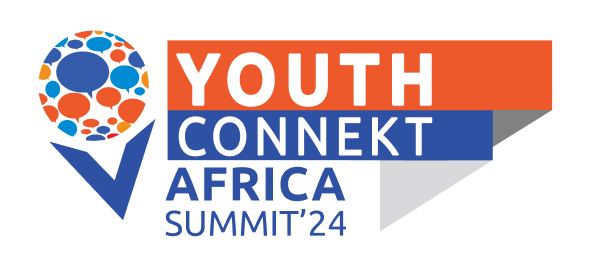Sat down with a wise person once, and among the many gems from our conversation, one stood out: you can’t build true wealth with just a job. He emphasized that those who become truly successful are the ones who create, innovate, and offer something unique—those who find a need, tap into demand, and keep their product or idea relevant. This idea shook me because, back in school, I thought the path was clear: study hard, graduate, and get a good job. Those who didn’t follow that path were, I believed, less fortunate. But life has a way of teaching you lessons beyond textbooks.
As I’ve grown, I’ve realized there are many paths to success, and it’s not just about one person’s journey; it’s about lifting up entire communities. That’s what entrepreneurship means to me—it’s more than starting a business; it’s a mindset, a way of creating with purpose.
For many of us young Africans, entrepreneurship is not just a choice—it’s a necessity. With jobs hard to come by and economies struggling to keep up with our growing youth population, we have two choices: to wait or to create. We’re choosing to create. By doing so, we’re not just shaping our own futures but also reimagining the future of our communities and our continent.
Being young has its advantages. We’re energetic, innovative, and willing to take risks. But these strengths can become challenges when the system doesn’t support us. I’ve seen friends struggle to get their startups off the ground because they couldn’t secure funding. Traditional systems often aren’t designed for us—banks ask for collateral, long credit histories, and sometimes connections we don’t have. But imagine a world where finance was more inclusive, with youth-friendly products like microloans, grants, and financial literacy programs. That world is possible, and we’re already seeing glimpses of it.
Rwanda, for example, is leading the way in financial inclusion. The latest FinScope survey shows that 96% of Rwandans now have access to financial services, up from just 48% in 2008. Thanks to mobile money platforms like MTN’s MoMo and Airtel Money, 83% of people can now manage their finances, pay bills, and even run businesses—all from their phones. This shift has empowered many young entrepreneurs, providing them the tools to start and grow their businesses without ever setting foot in a bank.
But it’s not just about access to money; it’s about knowing how to use it effectively. Training and skills development are essential. I often hear young people say, “I have this great idea, but I don’t know how to run a business.” That’s why programs that teach business management, digital skills, and financial literacy are crucial. These can mean the difference between an idea that fades away and a thriving startup.
The future is bright because young entrepreneurs are leading the way. Whether it’s building tech solutions for local problems, creating sustainable products, or launching online platforms that connect farmers to better markets, we’re showing the world what’s possible. But to sustain this momentum, we need more support—through policies, incentives, and ecosystems that connect us to mentors, networks, and markets.
YouthConnekt Africa embodies this mission on a continental scale. By connecting youth entrepreneurs, leaders, and innovators across 33 African countries, it fosters collaboration, knowledge-sharing, and a stronger ecosystem, so together, we can make that future a reality.
